The Nurture Programme Children’s Advocacy Planners are designed to guide our children in their Authenticity journey, finding their voice and beginning to self-advocate, without the need for verbal communication. We often find ourselves as parents/ carers advocating for our children and feeling frustrated and unheard. It is time to give them a voice, and encourage the Autonomy of advocating for themselves without fear of repercussions.
This Is Me – My Guide To Authenticity gives our disabled children their voice and the right to be heard in any environment they may be in, whether that be school, holiday clubs, hospitals, or at a relatives. This is all about them, by them.
No “Mum reports” or “Mum says”, no “We haven’t seen this so can’t support it” and no more “They didn’t tell us that” because with this handy planner your child can share what they need to, to whom they need to and whenever they need to. With the support and encouragement of adults around them they can begin their journey to become Authentic and drop their masks. Enabling them to become less overwhelmed in environments by having their very real needs met via their own self-advocacy.
Each individual section comprises of the following features:
Child Profile Page
A personal profile page specifically designed for our children to list all of the wonderful characteristics that they like about themselves, this can be REALLY tricky for some kids, because they have such low self esteem already, but with encouragement and love-bombing we can help them see how amazing they are, how their brains may work differently but once we find the right way to manage this, it can be wonderfully liberating to indulge in our own uniqueness.
Unforgettables
In this section children can detail the things that they need help with and the things that can be done to help, so that when they are in an unfamiliar or an anxiety inducing environment they are able to easily show an adult what they need, and how. Our children are all at risk of false inclusion, where many establishments see differences such as being Autistic as a one-size fits all and will have a box of “autism friendly” sensory tools, games and ideas. This is not inclusion and serves no purpose to our development. We all need individual supports and this is how our children can advocate for them.
Tracker
We have also incorporated an undated weekly tracker so that our children can record when they have had a “Good”, “Okay” or a “Not Good” day. This will help us as parents and professionals to see when things are going right or wrong in real time so that it can be easily fixed.
Pre-Doodled Doodle Pages
Our doodle pages for kids have been designed to inspire positive neurodivergent identities, with words such as creativity, honesty, talented, nurture, determined, we can help nurture their self acceptance and self-love.
Notes Section
What good is a planner without a notes section? Your child can allow their creativity to take over, writing short stories, keeping a diary, making lists or just using these pages to keep general notes or their own doodles.
My Guide To Nurture
This is where the Self-Advocacy really begins, our disabled children may not be confident in using this section to begin with, but self-advocacy is a learning journey and by modelling, and having plenty of opportunities to reflect on the particular sections in the planner they will get the hang of it in no time.
A Perfect World
A chance for our young people to describe or draw what they perfect world would look like. If “world” is too broad this can be narrowed down to things like, home, school, meals, etc. A really good way to get to know the in’s and out’s of what our kids really want.
My Drawings
A section for our kids to draw whatever takes their fancy. We all know that their favorite animal may change from one week to the next, that is why we have given you multiples of this page, Although, you may find your child has one favorite animal for life, in which case you will have unpteen illustrations of a Sea Pig!
SHIPPING
We provide shipping all around the world. Your shipping costs are calculated at checkout based on your location. All orders will be shipped within 3-5 working days if purchased on a weekday.
REFUNDS & RETURNS
All planners are printed to order, therefore we can only accept returns & refunds if the product is faulty or lost in transit. If this is the case please contact us directly.
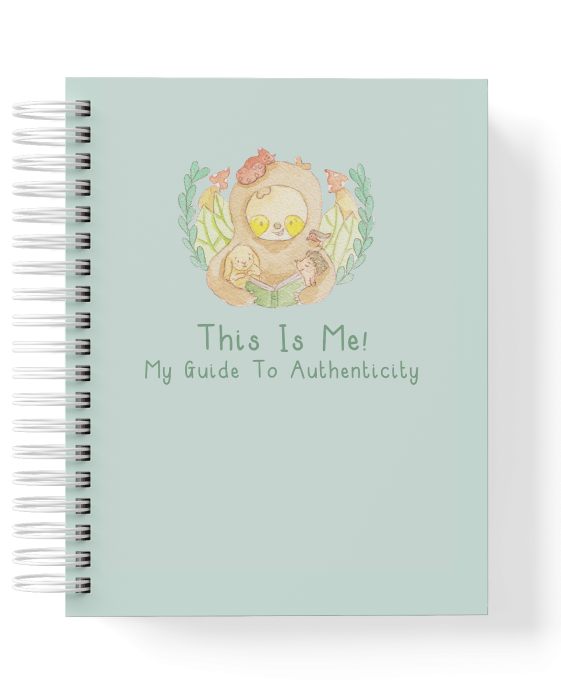
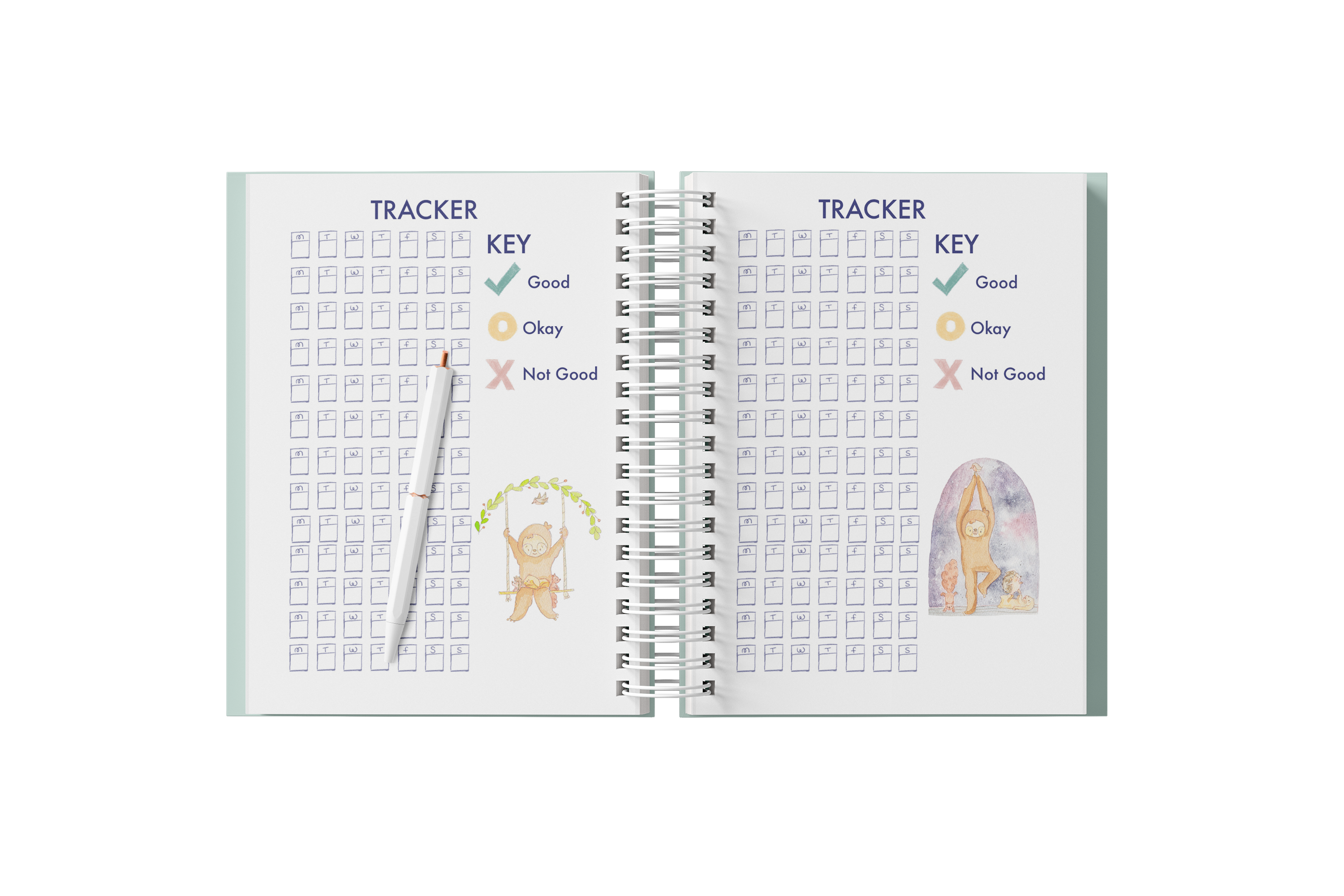
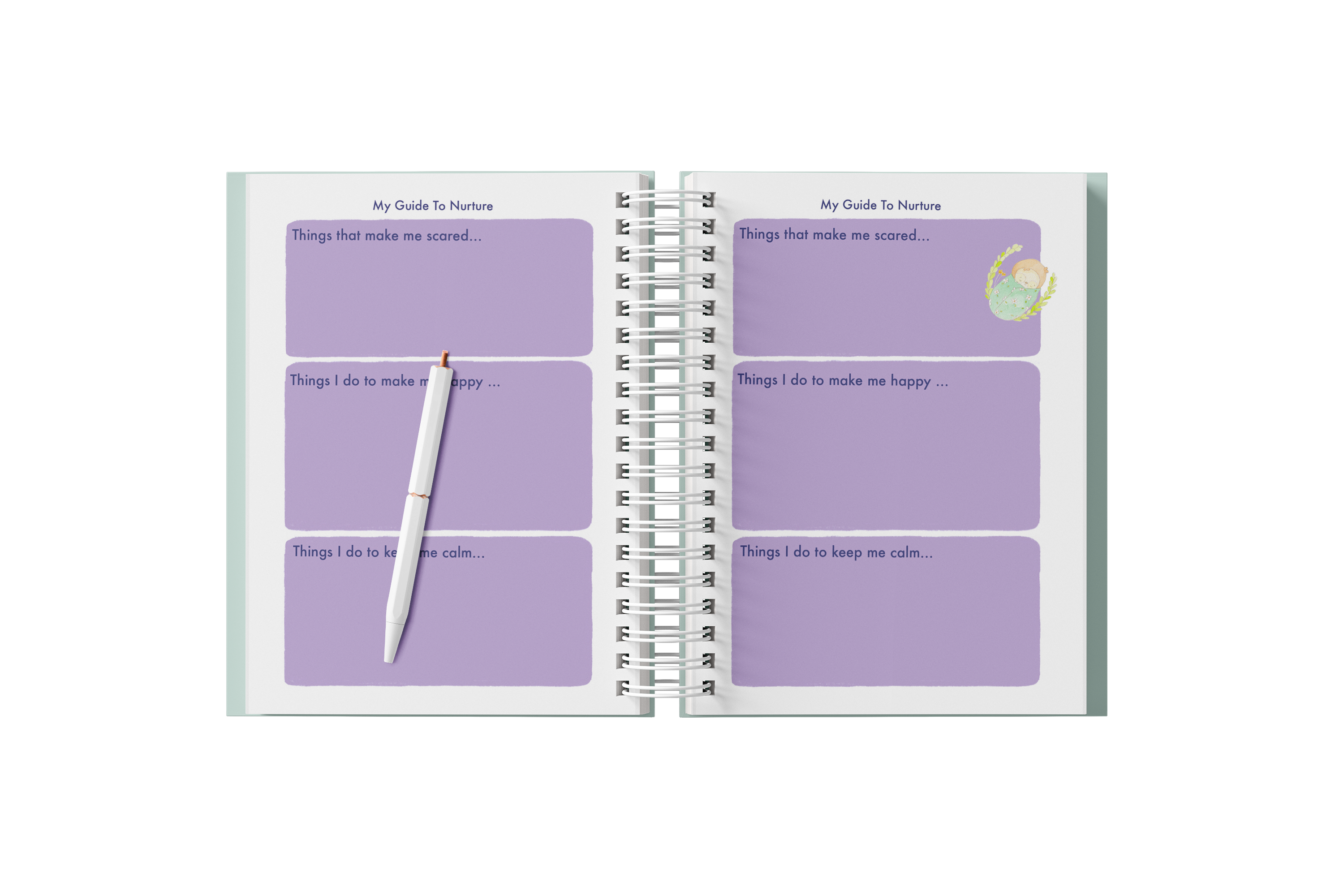
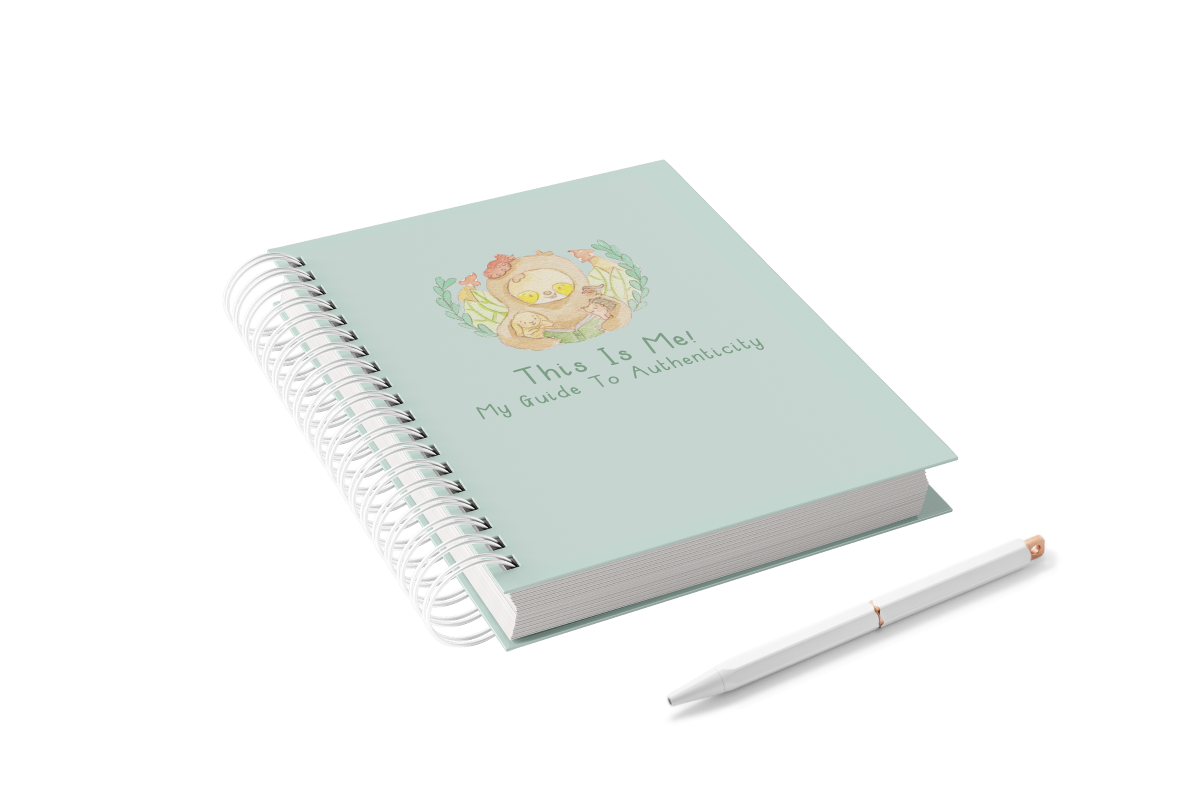

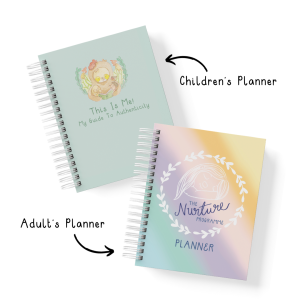
Rosie (verified owner) –
The fact that this journal belongs to my daughter and doesn’t ‘tell’ her anything about herself or what she needs (though it has helpful prompts) seems to have been a really gentle but effective way to cement the notion of self-advocacy with my 8 year old and foster self awareness. After a school meltdown today, for the first time, my daughter referred to herself as having had a PDA reaction, which feel like a huge positive step. I’m trying not to monitor use too closely but so far I can see what my daughter is returning to the tracker pages, personalising blank spaces and claiming ownership of this space for reflection. Personally, I love that this journal is designed based on lived experience, rather than just professional.
Emma Dalmayne –
This little book is extremely helpful and has already made a huge difference, simply brilliant.
Maureen Clark (verified owner) –
I got the This is me book for my 22 year old daughter. I need to help her communicate her needs and wants. I will collaborate with her to fill out book. A VERY useful tool for her caregivers. I’m so blessed to have it.